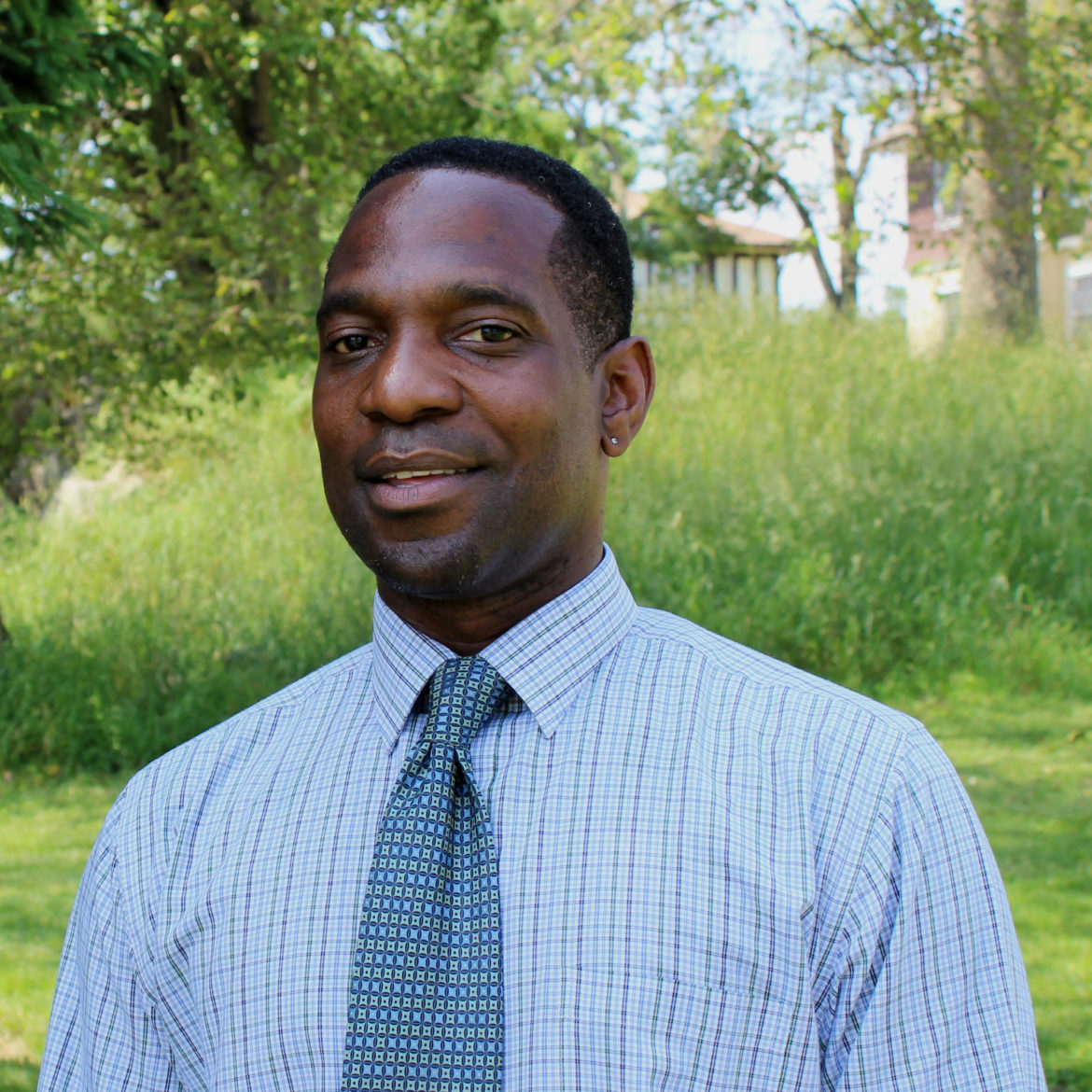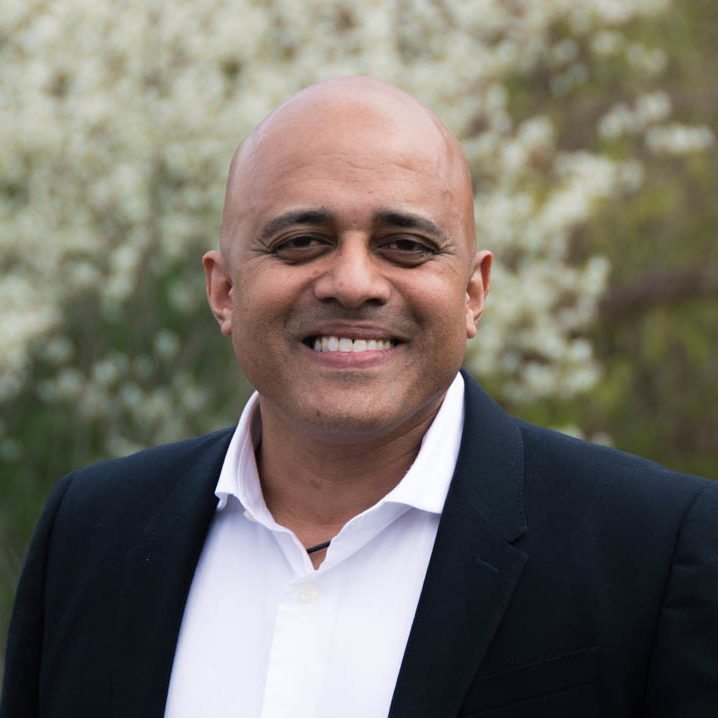
 Since 1851, The Children’s Village has been serving and caring for children and families. We have always had the very best intentions, but have not always achieved the very best results. The work is often difficult, the issues complicated and answers to poverty and social injustice — the historical drivers of foster care and juvenile justice — remain distant even in 2017.
Since 1851, The Children’s Village has been serving and caring for children and families. We have always had the very best intentions, but have not always achieved the very best results. The work is often difficult, the issues complicated and answers to poverty and social injustice — the historical drivers of foster care and juvenile justice — remain distant even in 2017.
However, there is one strategy we’re convinced will make the human services sector more effective: listening to the children and families enmeshed in the system. The shift from viewing the people we serve with condescension to considering them critically important partners is difficult. But if we have learned anything from our long history, it is that the best solutions require a partnership with youth and families.
In 2015, The Children’s Village became the mentor for an innovative outreach group known as Bravehearts M.O.V.E. NY (Motivating Others through the Voice of Experience New York). The Bravehearts are a unique organization comprised of individuals formerly in foster care who are committed to empowering young people to become active and authentic leaders in their own lives as they transition into adulthood, and to improving the experiences of young people who will be touched by the child welfare system in the future.
Executive Director Jessica Grimm and six other former foster youth formed the Bravehearts in October 2013 after Westchester County, New York, received a grant from the Obama administration to study the increasing problem of young people exiting foster care into homelessness. Grimm was delighted that “the deputy commissioner of the Department of Social Services decided it was time for people in the suits and the ties to take a step back, and for the young people who have lived through these situations and dealt with these circumstances first-hand to guide us.”
Now, 3½ years later, the Bravehearts hold weekly motivational meetings in the New York metropolitan area to work with youth between the ages of 14 and 26. The group focuses on changing the conversation from “victim to victor” and harnessing their voices of experience to serve as experts in shaping innovative, strength-based, youth-driven service delivery that promotes healing, hope and opportunities.
Grimm explains that the group’s name was inspired by the Academy Award-winning film by Mel Gibson: “It’s very similar to the plot of the movie, where William Wallace is fighting for the freedom of his people. We define a Braveheart as a young person who has gone through any level of adversity, difficulty or pain in their life. When they come out of that a stronger and wiser version of themselves, they are a Braveheart; they are a survivor.”
Those experiences provide Bravehearts with a skill set that builds resiliency and leadership qualities in themselves, and enables them to help others. Grimm’s own negative foster care encounters, along with her 13 years of youth-advocacy experience, drive the work she does with the Bravehearts.
“I truly believe this is my purpose,” she says. “It’s given me the ability to forgive the pain that I endured as a child. Because if I didn’t experience what I did, I wouldn’t be able to connect to the people that I can connect to. And there’s a real sense of healing when you help others.”
This youth-led movement utilizes opportunities to speak at the local, national and international level to overcome the systemic soft bigotry of low expectations many former foster kids encounter. The Bravehearts believe that when youth are given the ability to work together to inspire one another, they can build on the hope and confidence needed not just to survive, but to thrive.
The group’s members use their voices to guide the redevelopment of systems to improve outcomes for youth. They also advocate for their peers to use their voices to create change in their communities and within their own lives. Working in tandem with child welfare professionals in Westchester County and across New York state, the Bravehearts help educate professionals, providers, institutions and young adults. Their efforts create opportunities for youth to drive improvements and innovations in the services and programs they encounter on a daily basis.
Grimm views the relationship between the Children’s Village and the Bravehearts as parallel to that between a foster parent and foster child. She says, “A foster parent is called upon to offer a unique set of skills and support to a child in need in hopes that their guidance can lead them to a path of growth, stability, and success. CV is doing just that for us but as an organization. That type of relationship should be implemented around the country, so communities and providers can know that with a little bit of trust, creativity and foresight, organizations can foster the future!”
And just as an open-minded parent can learn from a child, the Children’s Village has learned a great deal from listening to the Bravehearts and from the children in our care.
It’s an awful thing for a child to become system dependent ― or worse still, to be trapped in a system until they’re forced out due to age. These “emancipated minors” are often forced into the adult world without knowing how to support or even adequately care for themselves. Also missing is a strong, tangible support base to help them transition from dependence to success. Research indicates that the time has come for systems to become more rational ― driven more by the needs of the child and family than the needs of programs and systems.
It’s been said that “out of the mouth of babes comes perfect praise.” From the impact they’re having, the Bravehearts are proving that adage to be true. In cooperation with the Children’s Village, these young people are working to develop and install effective, innovative programs and interventions to meet the needs of individuals coming out of the foster care system. They’re encouraging communities to work across agency “silos” with public and private providers to build broad, effective service arrays that fit local needs and that adapt as needs change.
In community after community, taxpayers are paying a lot of money for outdated, ineffective systems. But significantly better results are possible through well-designed, innovative programs like the Bravehearts that inspire lives, change systems and improve outcomes. Our hope is that local, state and federal officials can create, invest in and sustain similar initiatives. If they have any questions, the Bravehearts would be happy to help.
Warren Kent is the vice president of community-based services for The Children’s Village. He oversees program development and implementation for services offered to youth and families in their home environment. He also serves as the executive director of the Bridge Builders Community Partnership.
Jeremy C. Kohomban, Ph.D., is the president and CEO of The Children’s Village and president of Harlem Dowling. The two provide residential care, medical clinics, evidence-based interventions, shelters for homeless youth and immigrant children, alternatives to incarceration, nonsecure detention, adoption and foster care services, alternative schools, affordable housing and specialized services. Kohomban is an author, advocate and expert in child welfare and juvenile justice.





























